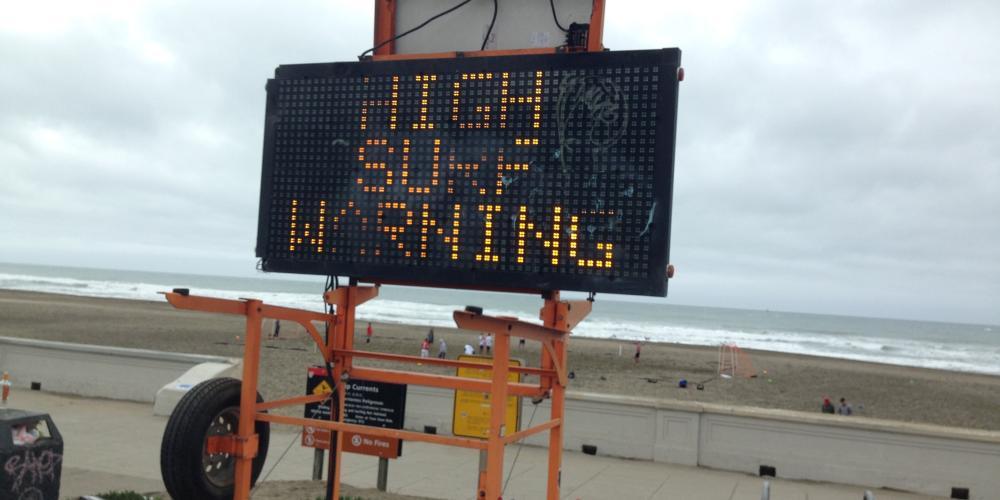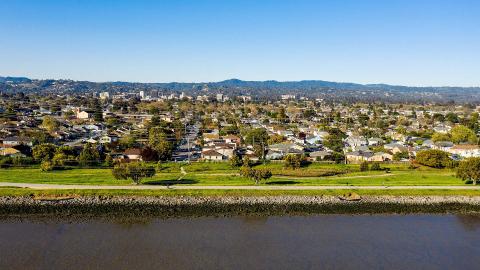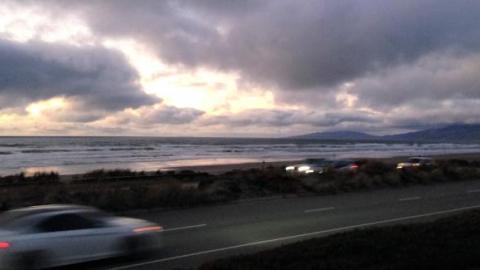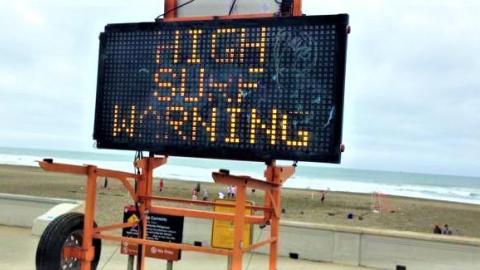
Climate change. Sea-level rise. Resilience.
The terms are ubiquitous in the public realm, planning circles and among policymakers around the Bay Area. The topics are among the most vexing of our time.
Now there are new resources available from two of the state’s leading environmental justice and equity groups that aim to provide critical information as decisions are being made about building climate resilience.
Research from the Asian Pacific Environmental Network shows a path forward for identifying the people and regions most impacted by climate change. It produced “Mapping Resilience: A Blueprint for Thriving in the Face of Climate Disasters.”
“Climate change impacts everyone, but the experience can feel dramatically different depending on who you are and where you live,” Amee Raval, Asian Pacific Environmental Network’s senior policy researcher and principal author of the study, said in a press release. “State and local leaders need an interactive mapping tool that layers all the disparate factors that contribute to climate impacts, so that they can see the full picture of the places and people that face the biggest threats and prioritize their decision-making accordingly.”
The Greenlining Institute’s guidebook serves as an instruction manual on how to make equity real in California’s climate policies, so resources are directed to those who face the most serious impacts yet have the fewest means to adapt. Its report is “Making Equity Real in Climate Adaptation and Community Resilience Policies and Programs: A Guidebook.”
“More people are recognizing that the climate crisis impacts some communities more severely than others, and low-income communities of color are at the top of the list,” Sona Mohnot, Greenlining Institute’s senior policy analyst, said in a statement. “But good intentions alone won’t address these injustices. Our guidebook gives policymakers concrete tools to make equity real as we work to cope with climate change.”
Recent events in California point to how climate change can act as a threat multiplier that magnifies the enormous differences in zip codes, income, race, immigration status, and other indicators that impact an individual’s ability to cope and recover from climate disasters
“Community-led policy and planning is core to our vision for healthy, thriving, and resilient communities for all,” said Louise Bedsworth of the California Strategic Growth Council, who served on the Advisory Committee for the Making Equity Real guidebook. “Resources like these can help inform program development to achieve resilience outcomes.”



Submit your comment
In order to receive a reply to your comment, please provide an email address.